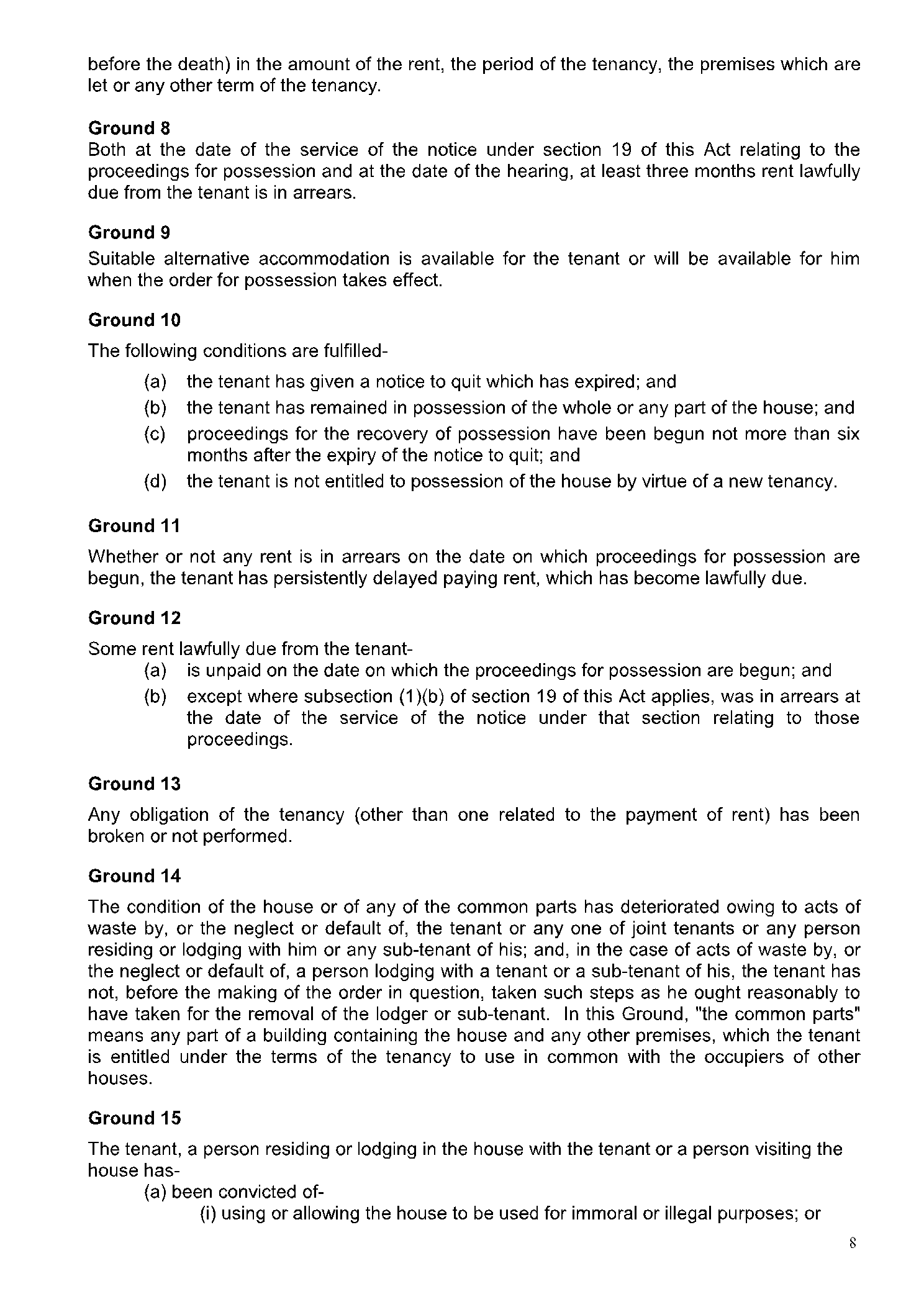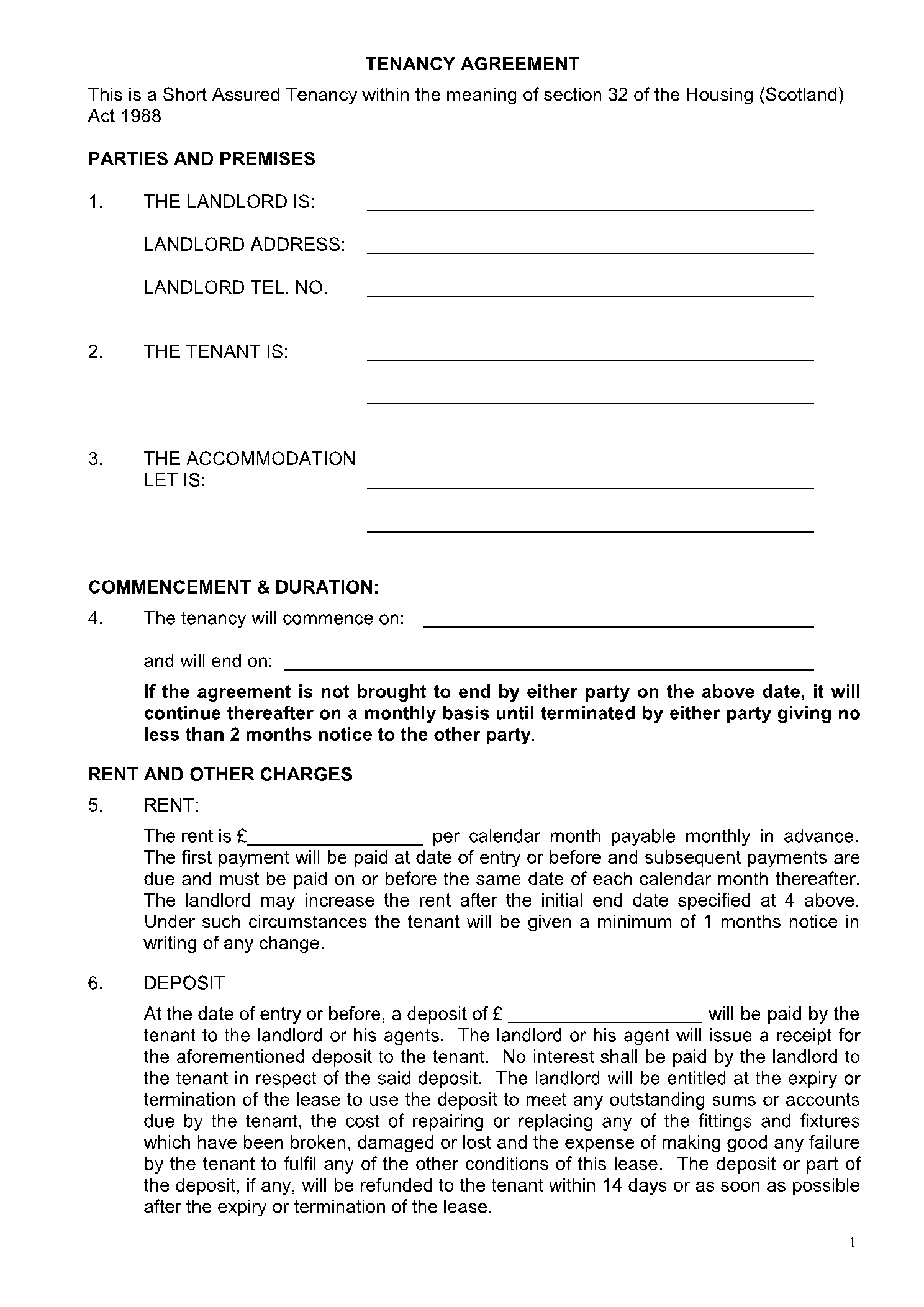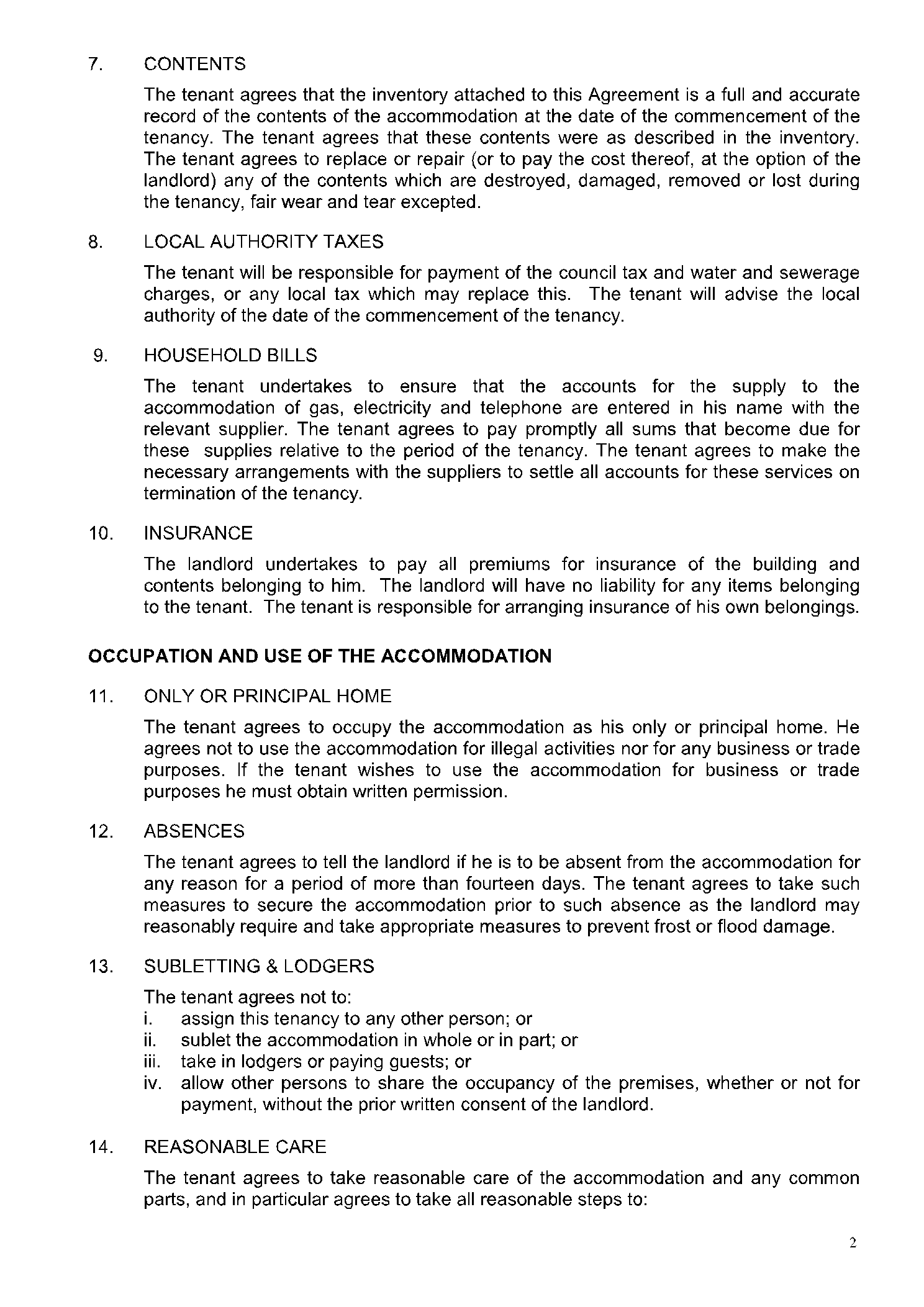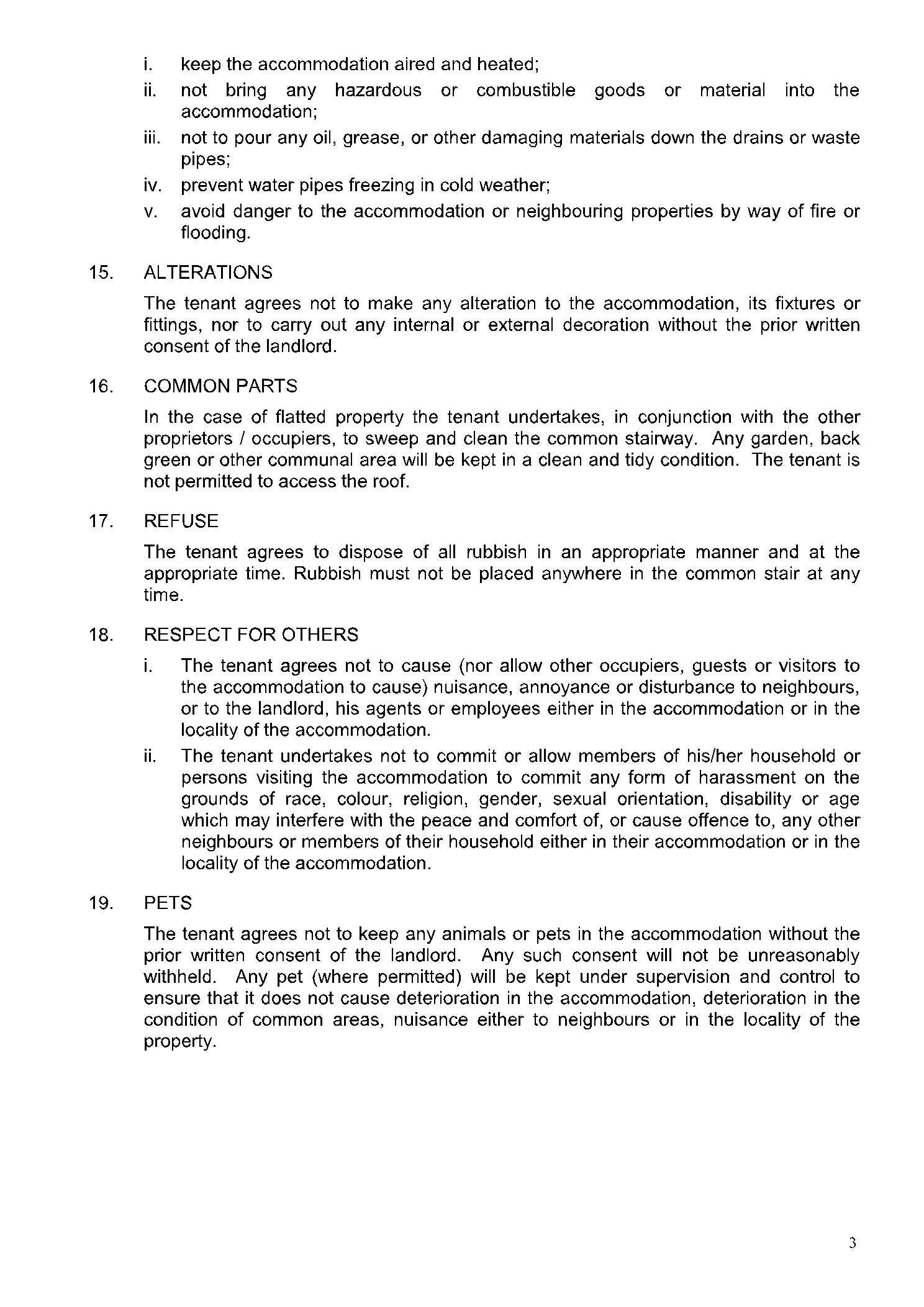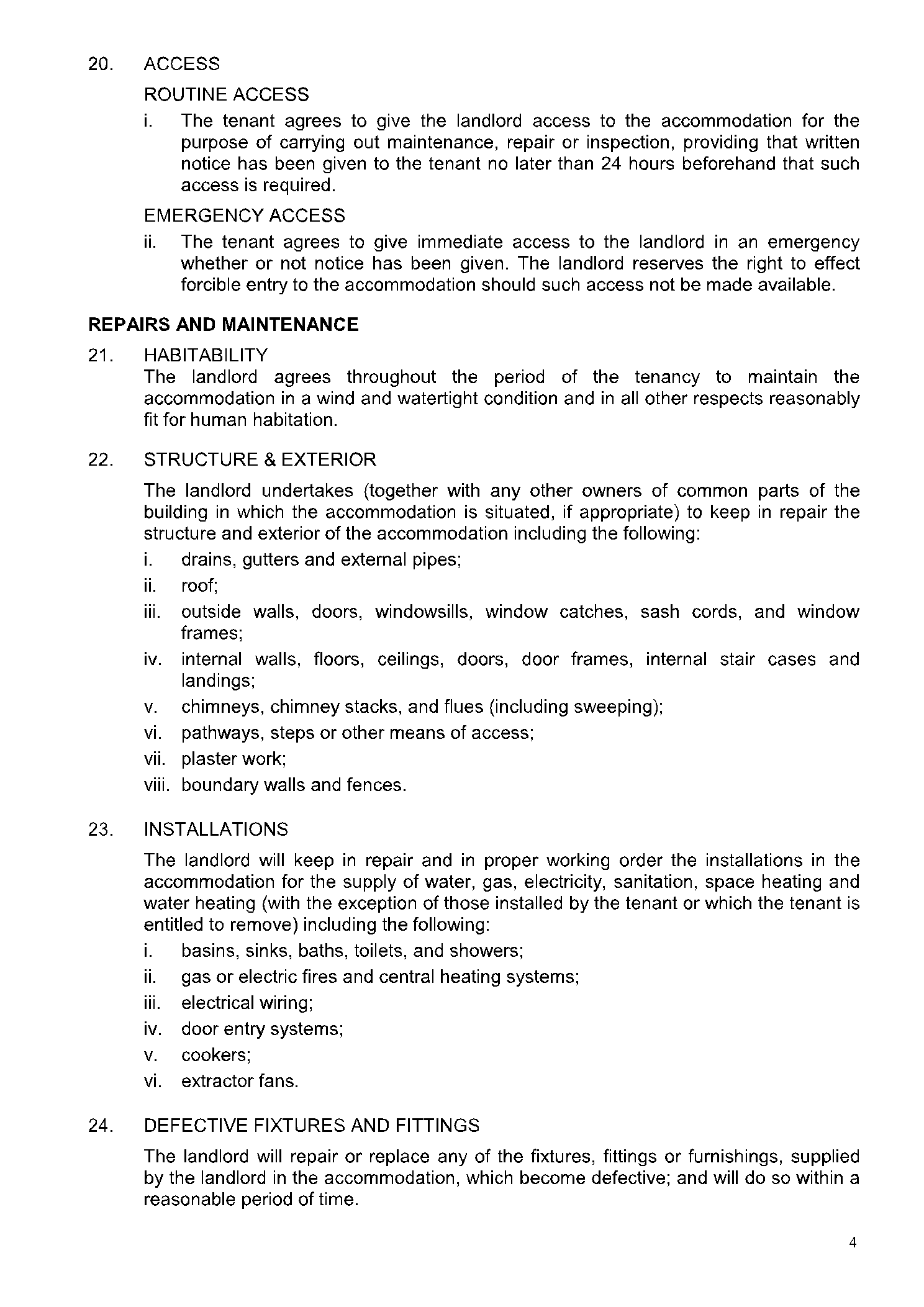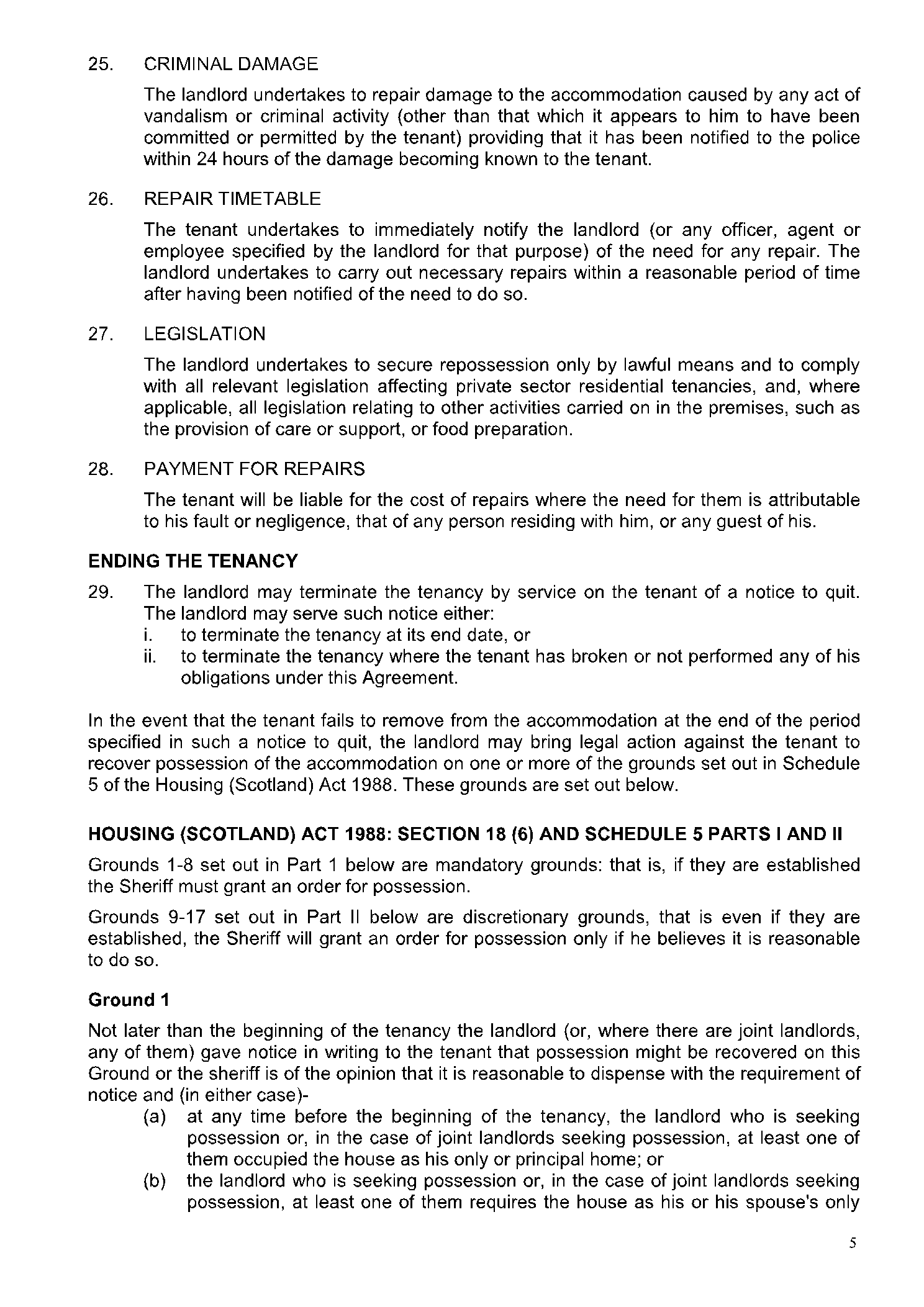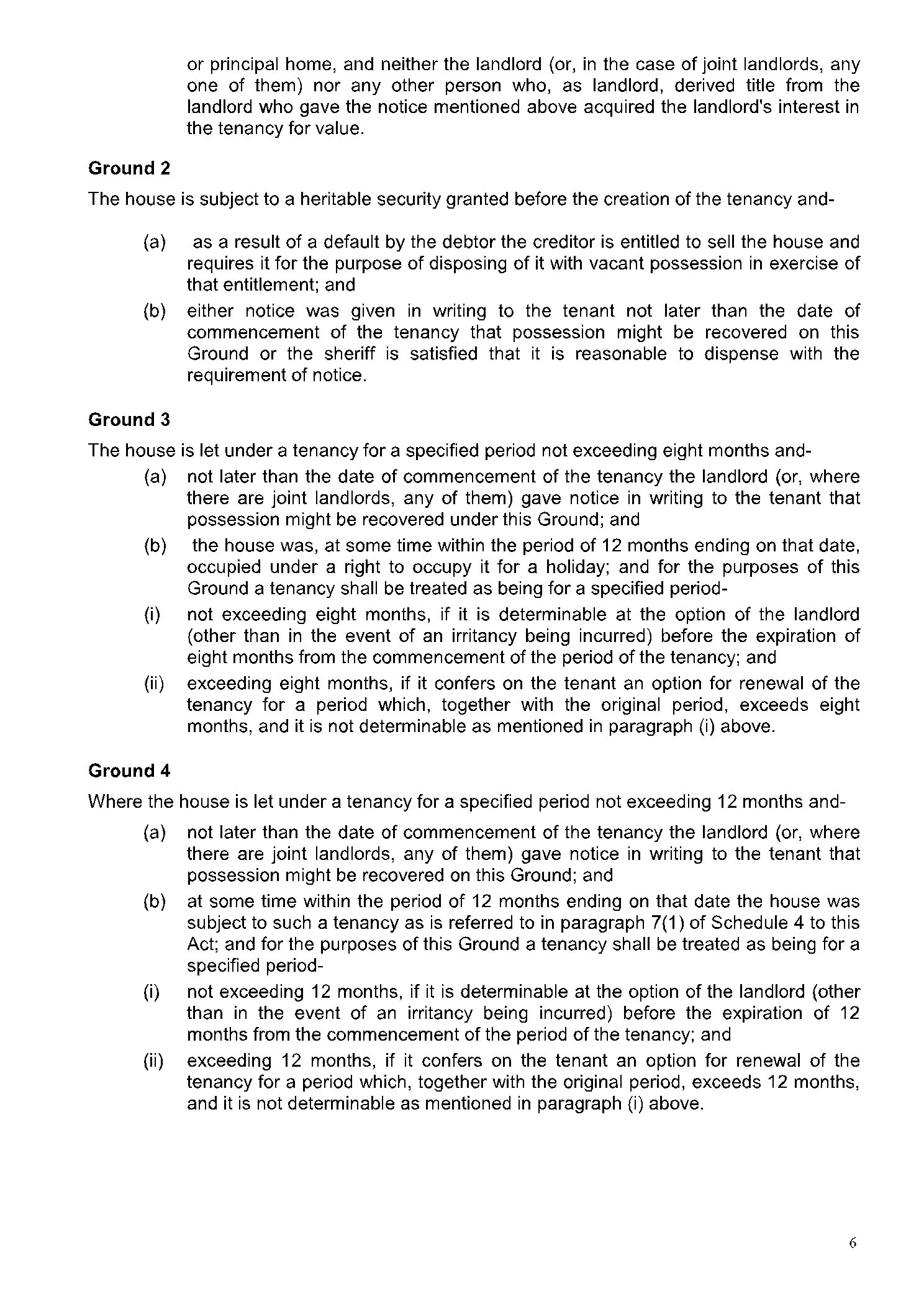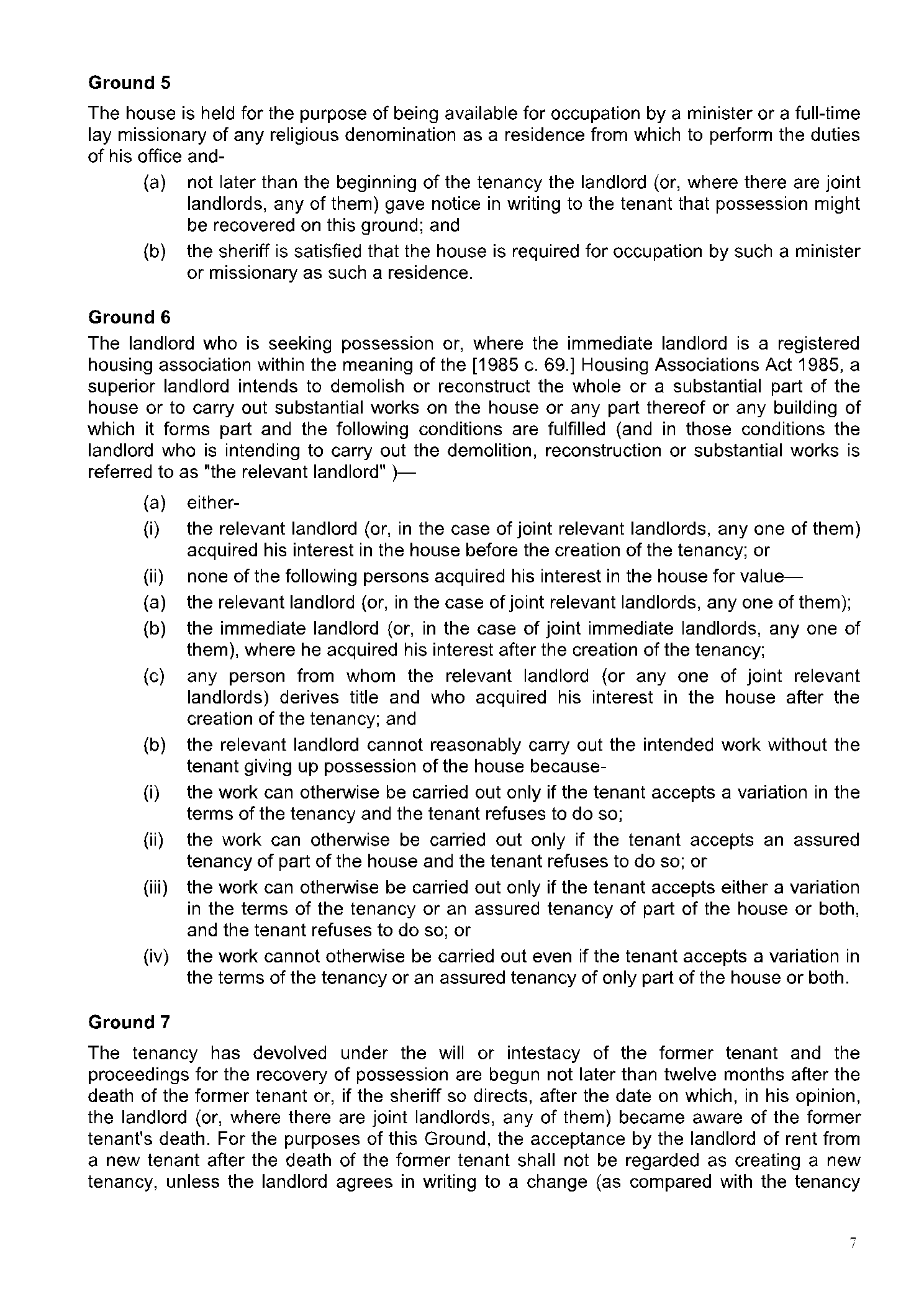Planning to give a part of your home on rent? Or moving to a new home and don’t want to sell out the previous one? Whatever be the case, don’t forget to create a tenant agreement with the tenants based on the terms you both agree.
As the owner, it’s your responsibility to make the agreement brief and clear just so there won’t be any problem or misunderstanding in the future. The agreement should explain about the extent to which tenants can go to use the property.
What Is a Tenant Agreement?
A tenant agreement refers to a legal document between the property’s owner and a renter who is soon going to possess a part of the property on a temporary basis. Unlike lease, the tenant agreement is not intended for fixed terms.
Though, it identifies the parties, rental terms, amount of rent and the property so that everything remains clear right from the beginning. In this agreement, the owner is called the lessor while the renter is named as the Lessee.
As an owner, you will be having an explicit, written or implied tenant agreement that usually specifies rental terms, explained, regulated and monitored by the state law.
Most of the agreements are clear about the type of property, purpose of housing tenure, parking place for vehicles, portion or whole property, storage space and most important, for government, business, agricultural or institutional use.
Who Needs a Tenant Agreement?
Most of the owners, who either own property on lease or got it leased, are always aware of the issues and friction during the whole period. They even faced worse times in a landlord-tenant relationship, where both parties hold some grudges for each other.
So, there should always be a tenant agreement before handing out possession of the property temporarily. Not only will this agreement keep the owner satisfied about damages but will also facilitate the renter in case of any unlawful demand from the landlord.
This agreement allows renter to choose ownership of a part of the property for specified terms; while from the owner’s perspective, it works as the security when there is no security deposit from the renter.
When Do I Need a Tenant Agreement?
Typically, this agreement is on a monthly or annual basis and the cost of rent is also different with respect to the turnover cost.
If a tenant plans to leave the home before long-term lease, then it’s quite obvious that there will be penalties on the action and if the owner doesn’t find a replacement, then the cost of the agreed period will be at stake.
On the other hand, if a tenant lives more than the lease period, then there must be an agreement between the parties to renew the lease or else, it might convert into a tenancy at will based on the pro-rated monthly cost of previous year’s lease.
The advantage of a tenant at will is that if the landlord gives notice to leave the premises but the tenant doesn’t agree to it, he/she can initiate eviction proceedings right away.
Though, the landlord has to follow the local rules and avoid doing illegal actions like changing lock doors, removing personal belongings and forcibly ejecting the tenant. He/she will have to follow strict rules or else, would have to pay penalties against violations.
What Are Included in a Tenant Agreement?
According to the tenant agreement template, following are the important elements:
- Name of the occupants: Names of all residents living within the premises in order to be certain about responsibility and accountability of the place.
- Rental amount: This section will discuss the total rent and their installments. The date of payment, sum collected each month, consequences of not paying installment on time etc. are mentioned here.
- Maintenance cost: The tenant agreement form should be clear about the maintenance expenses bored by both parties. Whether it is major expenses or minor, they have to be mentioned in the agreement so that there won’t be any confusion.
- Security deposit:The agreement should be clear about the security deposit paid by the tenant.
- Notice period and renewal: There should be a clause discussing notice period and renewal of the agreement.
- Facilities provided: This clause is favorable for the landlord as it mentions all facilities provided to the tenant. In case of any damage, the tenant will have to bear the cost.
- Clause of exit: The parties will have settle down penalties or other matters before leaving the premises.
- Date and signature: The tenant agreement should have signatures of both parties along with the date it was made.
Lend or rent a property with our tenant agreement template
Our tenant agreement template conditions are rational and comply with federal law. You can also make changes to the template to cater to your specific requirements.
Just click on the download button to get the template now.
Conclusion
Upon understanding the significance of a tenant agreement you can easily figure out how and what type of template you should be using. However, if you need help, CocoSign is available at your ease.
DOCUMENT PREVIEW
7. CONTENTS
The tenant agrees that the inventory attached to this Agreement is a full and accurate record of the contents of the accommodation at the date of the commencement of the tenancy. The tenant agrees that these contents were as described in the inventory. The tenant agrees to replace or repair (or to pay the cost thereof, at the option of the landlord) any of the contents which are destroyed, damaged, removed or lost during the tenancy, fair wear and tear excepted.
8. LOCAL AUTHORITY TAXES
The tenant will be responsible for payment of the council tax and water and sewerage charges, or any local tax which may replace this. The tenant will advise the local authority of the date of the commencement of the tenancy.
9. HOUSEHOLD BILLS
The tenant undertakes to ensure that the accounts for the supply to the accommodation of gas, electricity and telephone are entered in his name with the relevant supplier. The tenant agrees to pay promptly all sums that become due for these supplies relative to the period of the tenancy. The tenant agrees to make the necessary arrangements with the suppliers to settle all accounts for these services on termination of the tenancy.
10. INSURANCE
The landlord undertakes to pay all premiums for insurance of the building and contents belonging to him. The landlord will have no liability for any items belonging to the tenant. The tenant is responsible for arranging insurance of his own belongings.
OCCUPATION AND USE OF THE ACCOMMODATION
11. ONLY OR PRINCIPAL HOME
The tenant agrees to occupy the accommodation as his only or principal home. He agrees not to use the accommodation for illegal activities nor for any business or trade purposes. If the tenant wishes to use the accommodation for business or trade purposes he must obtain written permission.
12. ABSENCES
The tenant agrees to tell the landlord if he is to be absent from the accommodation for any reason for a period of more than fourteen days. The tenant agrees to take such measures to secure the accommodation prior to such absence as the landlord may reasonably require and take appropriate measures to prevent frost or flood damage.
13. SUBLETTING & LODGERS
The tenant agrees not to:
i. assign this tenancy to any other person; or
ii. sublet the accommodation in whole or in part; or
iii. take in lodgers or paying guests; or
iv. allow other persons to share the occupancy of the premises, whether or not for payment, without the prior written consent of the landlord.
14. REASONABLE CARE
The tenant agrees to take reasonable care of the accommodation and any common parts, and in particular agrees to take all reasonable steps to:
i. keep the accommodation aired and heated;
ii. not bring any hazardous or combustible goods or material into the accommodation;
iii. not to pour any oil, grease, or other damaging materials down the drains or waste pipes;
iv. prevent water pipes freezing in cold weather;
- avoid danger to the accommodation or neighbouring properties by way of fire or flooding.
15. ALTERATIONS
The tenant agrees not to make any alteration to the accommodation, its fixtures or fittings, nor to carry out any internal or external decoration without the prior written consent of the landlord.
16. COMMON PARTS
In the case of flatted property the tenant undertakes, in conjunction with the other proprietors / occupiers, to sweep and clean the common stairway. Any garden, back green or other communal area will be kept in a clean and tidy condition. The tenant is not permitted to access the roof.
17. REFUSE
The tenant agrees to dispose of all rubbish in an appropriate manner and at the appropriate time. Rubbish must not be placed anywhere in the common stair at any time.
18. RESPECT FOR OTHERS
i. The tenant agrees not to cause (nor allow other occupiers, guests or visitors to the accommodation to cause) nuisance, annoyance or disturbance to neighbours, or to the landlord, his agents or employees either in the accommodation or in the locality of the accommodation.
ii. The tenant undertakes not to commit or allow members of his/her household or persons visiting the accommodation to commit any form of harassment on the grounds of race, colour, religion, gender, sexual orientation, disability or age which may interfere with the peace and comfort of, or cause offence to, any other neighbours or members of their household either in their accommodation or in the locality of the accommodation.
19. PETS
The tenant agrees not to keep any animals or pets in the accommodation without the prior written consent of the landlord. Any such consent will not be unreasonably withheld. Any pet (where permitted) will be kept under supervision and control to ensure that it does not cause deterioration in the accommodation, deterioration in the condition of common areas, nuisance either to neighbours or in the locality of the property.
20. ACCESS
ROUTINE ACCESS
i. The tenant agrees to give the landlord access to the accommodation for the purpose of carrying out maintenance, repair or inspection, providing that written notice has been given to the tenant no later than 24 hours beforehand that such access is required.
EMERGENCY ACCESS
ii. The tenant agrees to give immediate access to the landlord in an emergency whether or not notice has been given. The landlord reserves the right to effect forcible entry to the accommodation should such access not be made available.
REPAIRS AND MAINTENANCE
21. HABITABILITY
The landlord agrees throughout the period of the tenancy to maintain the accommodation in a wind and watertight condition and in all other respects reasonably fit for human habitation.
22. STRUCTURE & EXTERIOR
The landlord undertakes (together with any other owners of common parts of the building in which the accommodation is situated, if appropriate) to keep in repair the structure and exterior of the accommodation including the following:
i. drains, gutters and external pipes;
ii. roof;
iii. outside walls, doors, windowsills, window catches, sash cords, and window frames;
iv. internal walls, floors, ceilings, doors, door frames, internal stair cases and landings;
v. chimneys, chimney stacks, and flues (including sweeping);
vi. pathways, steps or other means of access;
vii. plaster work;
viii. boundary walls and fences.
23. INSTALLATIONS
The landlord will keep in repair and in proper working order the installations in the accommodation for the supply of water, gas, electricity, sanitation, space heating and water heating (with the exception of those installed by the tenant or which the tenant is entitled to remove) including the following:
i. basins, sinks, baths, toilets, and showers;
ii. gas or electric fires and central heating systems;
iii. electrical wiring;
iv. door entry systems;
- cookers;
- extractor fans.
- DEFECTIVE FIXTURES AND FITTINGS
The landlord will repair or replace any of the fixtures, fittings or furnishings, supplied by the landlord in the accommodation, which become defective; and will do so within a reasonable period of time.
25. CRIMINAL DAMAGE
The landlord undertakes to repair damage to the accommodation caused by any act of vandalism or criminal activity (other than that which it appears to him to have been committed or permitted by the tenant) providing that it has been notified to the police within 24 hours of the damage becoming known to the tenant.
26. REPAIR TIMETABLE
The tenant undertakes to immediately notify the landlord (or any officer, agent or employee specified by the landlord for that purpose) of the need for any repair. The landlord undertakes to carry out necessary repairs within a reasonable period of time after having been notified of the need to do so.
27. LEGISLATION
The landlord undertakes to secure repossession only by lawful means and to comply with all relevant legislation affecting private sector residential tenancies, and, where applicable, all legislation relating to other activities carried on in the premises, such as the provision of care or support, or food preparation.
28. PAYMENT FOR REPAIRS
The tenant will be liable for the cost of repairs where the need for them is attributable to his fault or negligence, that of any person residing with him, or any guest of his.
ENDING THE TENANCY
29. The landlord may terminate the tenancy by service on the tenant of a notice to quit. The landlord may serve such notice either:
i. to terminate the tenancy at its end date, or
ii. to terminate the tenancy where the tenant has broken or not performed any of his obligations under this Agreement.
In the event that the tenant fails to remove from the accommodation at the end of the period specified in such a notice to quit, the landlord may bring legal action against the tenant to recover possession of the accommodation on one or more of the grounds set out in Schedule 5 of the Housing (Scotland) Act 1988. These grounds are set out below.
HOUSING (SCOTLAND) ACT 1988: SECTION 18 (6) AND SCHEDULE 5 PARTS I AND II
Grounds 1-8 set out in Part 1 below are mandatory grounds: that is, if they are established the Sheriff must grant an order for possession.
Grounds 9-17 set out in Part II below are discretionary grounds, that is even if they are established, the Sheriff will grant an order for possession only if he believes it is reasonable to do so.
Ground 1
Not later than the beginning of the tenancy the landlord (or, where there are joint landlords, any of them) gave notice in writing to the tenant that possession might be recovered on this Ground or the sheriff is of the opinion that it is reasonable to dispense with the requirement of notice and (in either case)-
(a) at any time before the beginning of the tenancy, the landlord who is seeking possession or, in the case of joint landlords seeking possession, at least one of them occupied the house as his only or principal home; or
(b) the landlord who is seeking possession or, in the case of joint landlords seeking possession, at least one of them requires the house as his or his spouse's only
or principal home, and neither the landlord (or, in the case of joint landlords, any one of them) nor any other person who, as landlord, derived title from the landlord who gave the notice mentioned above acquired the landlord's interest in the tenancy for value.
Ground 2
The house is subject to a heritable security granted before the creation of the tenancy and-
(a) as a result of a default by the debtor the creditor is entitled to sell the house and requires it for the purpose of disposing of it with vacant possession in exercise of that entitlement; and
(b) either notice was given in writing to the tenant not later than the date of commencement of the tenancy that possession might be recovered on this Ground or the sheriff is satisfied that it is reasonable to dispense with the requirement of notice.
Ground 3
The house is let under a tenancy for a specified period not exceeding eight months and-
(a) not later than the date of commencement of the tenancy the landlord (or, where there are joint landlords, any of them) gave notice in writing to the tenant that possession might be recovered under this Ground; and
(b) the house was, at some time within the period of 12 months ending on that date, occupied under a right to occupy it for a holiday; and for the purposes of this Ground a tenancy shall be treated as being for a specified period-
(i) not exceeding eight months, if it is determinable at the option of the landlord (other than in the event of an irritancy being incurred) before the expiration of eight months from the commencement of the period of the tenancy; and
(ii) exceeding eight months, if it confers on the tenant an option for renewal of the tenancy for a period which, together with the original period, exceeds eight months, and it is not determinable as mentioned in paragraph (i) above.
Ground 4
Where the house is let under a tenancy for a specified period not exceeding 12 months and-
(a) not later than the date of commencement of the tenancy the landlord (or, where there are joint landlords, any of them) gave notice in writing to the tenant that possession might be recovered on this Ground; and
(b) at some time within the period of 12 months ending on that date the house was subject to such a tenancy as is referred to in paragraph 7(1) of Schedule 4 to this Act; and for the purposes of this Ground a tenancy shall be treated as being for a specified period-
(i) not exceeding 12 months, if it is determinable at the option of the landlord (other than in the event of an irritancy being incurred) before the expiration of 12 months from the commencement of the period of the tenancy; and
(ii) exceeding 12 months, if it confers on the tenant an option for renewal of the tenancy for a period which, together with the original period, exceeds 12 months, and it is not determinable as mentioned in paragraph (i) above.
Ground 5
The house is held for the purpose of being available for occupation by a minister or a full-time lay missionary of any religious denomination as a residence from which to perform the duties of his office and-
(a) not later than the beginning of the tenancy the landlord (or, where there are joint landlords, any of them) gave notice in writing to the tenant that possession might be recovered on this ground; and
(b) the sheriff is satisfied that the house is required for occupation by such a minister or missionary as such a residence.
Ground 6
The landlord who is seeking possession or, where the immediate landlord is a registered housing association within the meaning of the [1985 c. 69.] Housing Associations Act 1985, a superior landlord intends to demolish or reconstruct the whole or a substantial part of the house or to carry out substantial works on the house or any part thereof or any building of which it forms part and the following conditions are fulfilled (and in those conditions the landlord who is intending to carry out the demolition, reconstruction or substantial works is referred to as "the relevant landlord" )—
(a) either-
(i) the relevant landlord (or, in the case of joint relevant landlords, any one of them) acquired his interest in the house before the creation of the tenancy; or
(ii) none of the following persons acquired his interest in the house for value—
(a) the relevant landlord (or, in the case of joint relevant landlords, any one of them);
(b) the immediate landlord (or, in the case of joint immediate landlords, any one of them), where he acquired his interest after the creation of the tenancy;
(c) any person from whom the relevant landlord (or any one of joint relevant landlords) derives title and who acquired his interest in the house after the creation of the tenancy; and
(b) the relevant landlord cannot reasonably carry out the intended work without the tenant giving up possession of the house because-
(i) the work can otherwise be carried out only if the tenant accepts a variation in the terms of the tenancy and the tenant refuses to do so;
(ii) the work can otherwise be carried out only if the tenant accepts an assured tenancy of part of the house and the tenant refuses to do so; or
(iii) the work can otherwise be carried out only if the tenant accepts either a variation in the terms of the tenancy or an assured tenancy of part of the house or both, and the tenant refuses to do so; or
(iv) the work cannot otherwise be carried out even if the tenant accepts a variation in the terms of the tenancy or an assured tenancy of only part of the house or both.
Ground 7
The tenancy has devolved under the will or intestacy of the former tenant and the proceedings for the recovery of possession are begun not later than twelve months after the death of the former tenant or, if the sheriff so directs, after the date on which, in his opinion, the landlord (or, where there are joint landlords, any of them) became aware of the former tenant's death. For the purposes of this Ground, the acceptance by the landlord of rent from a new tenant after the death of the former tenant shall not be regarded as creating a new tenancy, unless the landlord agrees in writing to a cha
nge (as compared with the tenancy before the death) in the amount of the rent, the period of the tenancy, the premises which are let or any other term of the tenancy.
Ground 8
Both at the date of the service of the notice under section 19 of this Act relating to the proceedings for possession and at the date of the hearing, at least three months rent lawfully due from the tenant is in arrears.
Ground 9
Suitable alternative accommodation is available for the tenant or will be available for him when the order for possession takes effect.
Ground 10
The following conditions are fulfilled-
(a) the tenant has given a notice to quit which has expired; and
(b) the tenant has remained in possession of the whole or any part of the house; and
(c) proceedings for the recovery of possession have been begun not more than six months after the expiry of the notice to quit; and
(d) the tenant is not entitled to possession of the house by virtue of a new tenancy.
Ground 11
Whether or not any rent is in arrears on the date on which proceedings for possession are begun, the tenant has persistently delayed paying rent, which has become lawfully due.
Ground 12
Some rent lawfully due from the tenant-
(a) is unpaid on the date on which the proceedings for possession are begun; and
(b) except where subsection (1)(b) of section 19 of this Act applies, was in arrears at the date of the service of the notice under that section relating to those proceedings.
Ground 13
Any obligation of the tenancy (other than one related to the payment of rent) has been broken or not performed.
Ground 14
The condition of the house or of any of the common parts has deteriorated owing to acts of waste by, or the neglect or default of, the tenant or any one of joint tenants or any person residing or lodging with him or any sub-tenant of his; and, in the case of acts of waste by, or the neglect or default of, a person lodging with a tenant or a sub-tenant of his, the tenant has not, before the making of the order in question, taken such steps as he ought reasonably to have taken for the removal of the lodger or sub-tenant. In this Ground, "the common parts" means any part of a building containing the house and any other premises, which the tenant is entitled under the terms of the tenancy to use in common with the occupiers of other houses.
Ground 15
The tenant, a person residing or lodging in the house with the tenant or a person visiting the house has-
(a) been convicted of-
(i) using or allowing the house to be used for immoral or illegal purposes; or
(ii) an offence punishable by imprisonment committed in, or in the locality of, the house; or
(b) acted in an anti-social manner in relation to a person residing, visiting or otherwise engaging in lawful activity in the locality; or
(c) pursued a course of anti-social conduct in relation to such a person as is mentioned in head (b) above.
In this Ground "anti-social", in relation to an action or course of conduct, means causing or likely to cause alarm, distress, nuisance or annoyance, "conduct" includes speech and a course of conduct must involve conduct on at least two occasions and "tenant" includes any one of joint tenants."
Ground 16
The condition of any furniture provided for use under the tenancy has deteriorated owing to ill-treatment by the tenant or any other person residing or lodging with him in the house and, in the case of ill-treatment by a person lodging with the tenant or by a sub-tenant of his, the tenant has not taken such steps as he ought reasonably to have taken for the removal of the lodger or sub-tenant.
Ground 17
The house was let to the tenant in consequence of his employment by the landlord seeking possession or a previous landlord under the tenancy and the tenant has ceased to be in that employment.
NOTICE & DECLARATIONS
30. In signing this Agreement and taking entry to the accommodation, the tenant:
- acknowledges that he was served Form AT5, before the creation of this tenancy, and that he understands this tenancy to be a Short Assured Tenancy within the meaning of section 32 of the Housing (Scotland) Act 1988;
- confirms that he has made full and true disclosure of all information sought by the landlord in connection with the granting of this tenancy
iii. confirms that he has not knowingly or carelessly made any false or misleading statements (whether written or oral) which might affect the landlord's decision to grant the tenancy.
INTERPRETATION
Declaring for the purposes of this lease that words importing the masculine gender shall include the feminine; words importing the singular shall include the plural, and where there are two or more persons included in the expression “the tenant” the obligations and conditions incumbent upon and expressed to be made by “the tenant”, including payment of the rent, shall be held to bind all such persons jointly and severally.
|
Tenant Signature 1
|
Witness Signature
|
|
Tenant Full Name (Block Capitals)
|
Witness Full Name (Block Capitals)
|
|
Tenant Address
|
Witness Address
|
|
Date: Time:
|
Date: Time:
|
